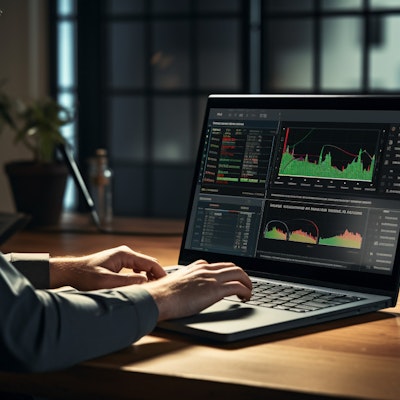Hedge Fund Investor Letters Q4 2025
We will be sharing Q4 2025 hedge fund investor letters in this article.
Hedge Funds
News & Analysis
Top Fund Managers
Best Performing Funds
Featured Content
Insider Trading
News & Analysis
Latest Insider Purchases
Murphy bought 3 Biogen Inc. shares at $195.04
Akkaraju bought 479,847 Kalaris Therapeutics Inc. shares at $10.42
Lord bought 4,200 Apptech Payments Corp. shares at $0.40
Bryan bought 1,000 Motorcar Parts Of America Inc shares at $9.67
Lm bought 20,000 Gran Tierra Energy Inc. shares at $5.30
Latest Insider Sales
Notman sold 11,446 Ocular Therapeutix Inc shares at $9.04
Nayak sold 10,348 Ocular Therapeutix Inc shares at $9.04
Aminov sold 613,595 Mira Pharmaceuticals Inc. shares at $2.11
Dugel sold 124,882 Ocular Therapeutix Inc shares at $9.04
Waheed sold 7,863 Ocular Therapeutix Inc shares at $9.04
Featured Content
Do not Miss





















































































